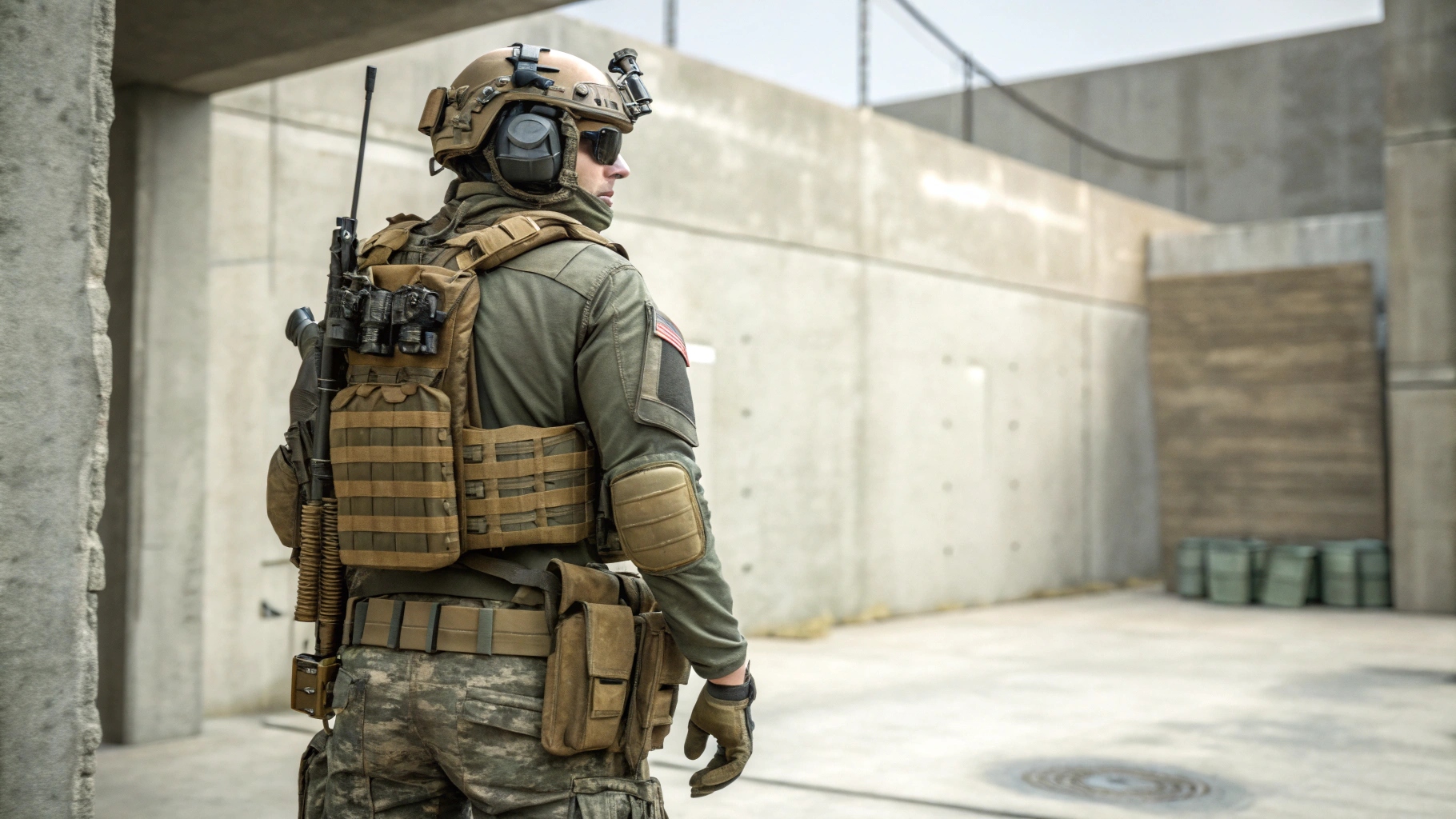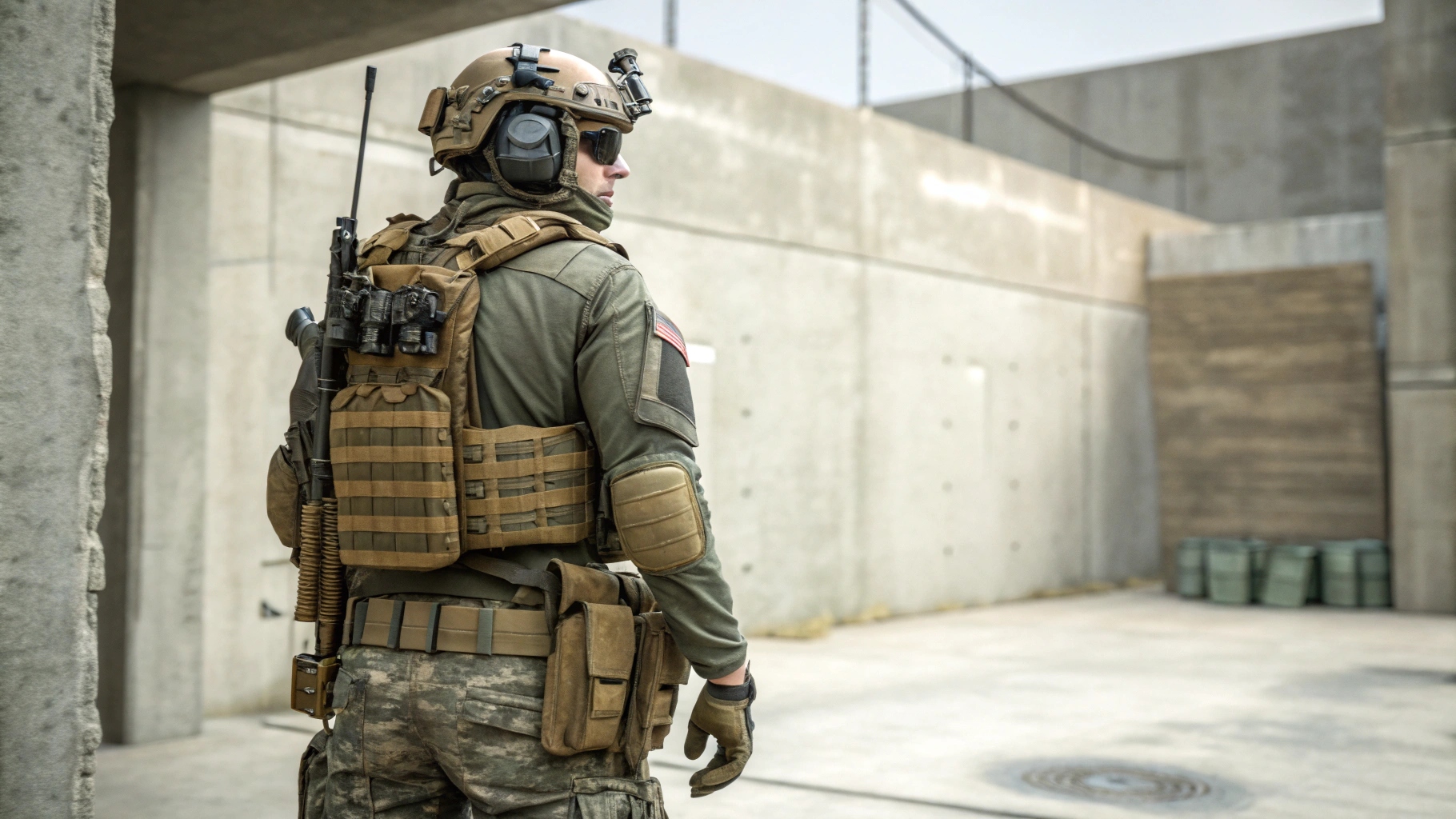
Taiwan is planning to procure 48,000 boron carbide bullet-resistant ceramic plates for its military. The plates will be integrated into personal protective gear, providing protection against 7.62-millimeter anti-armor rounds and shrapnel. Production is set to take place between 2028 and 2029, according to local media reports.
The government has allocated around 840 million New Taiwan dollars ($28.2 million) for manufacturing the plates. An initial batch of 30 units has already been purchased for 1.3 million New Taiwan dollars ($46,900). Specific details such as the plates’ weight, protection rating, and targeted military units have not been revealed, though experts believe they will meet NIJ Level IV standards due to their boron carbide composition.
Boron carbide, one of the hardest synthetic materials, is capable of stopping armor-piercing rounds, making it a likely upgrade to Taiwan’s current NIJ Level III body armor, which uses standard hard plates against 7.62-millimeter rounds.
In parallel, Taiwan’s defense ministry is overseeing the large-scale production of triple-layer armor plates combining ceramics and polyethylene fibers. This follows a 1.6-billion New Taiwan dollar ($53.7 million) contract signed in February for 160,000 ceramic plates designed to stop both 5.8-millimeter steel-core rounds used by the Chinese PLA and standard 7.62-millimeter ammunition. The first 60,000 units are expected to reach the armed forces by the end of 2025.





